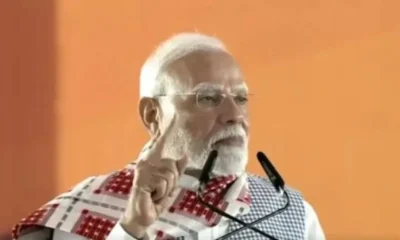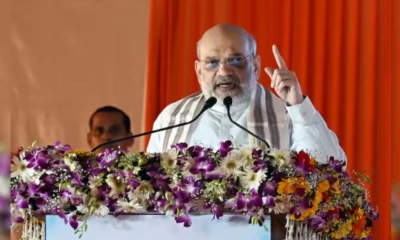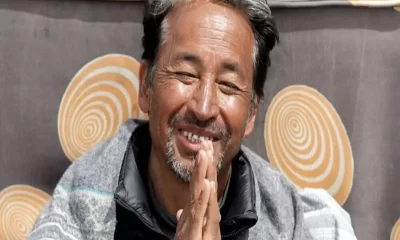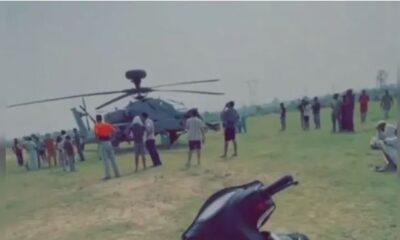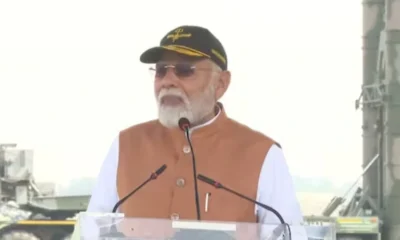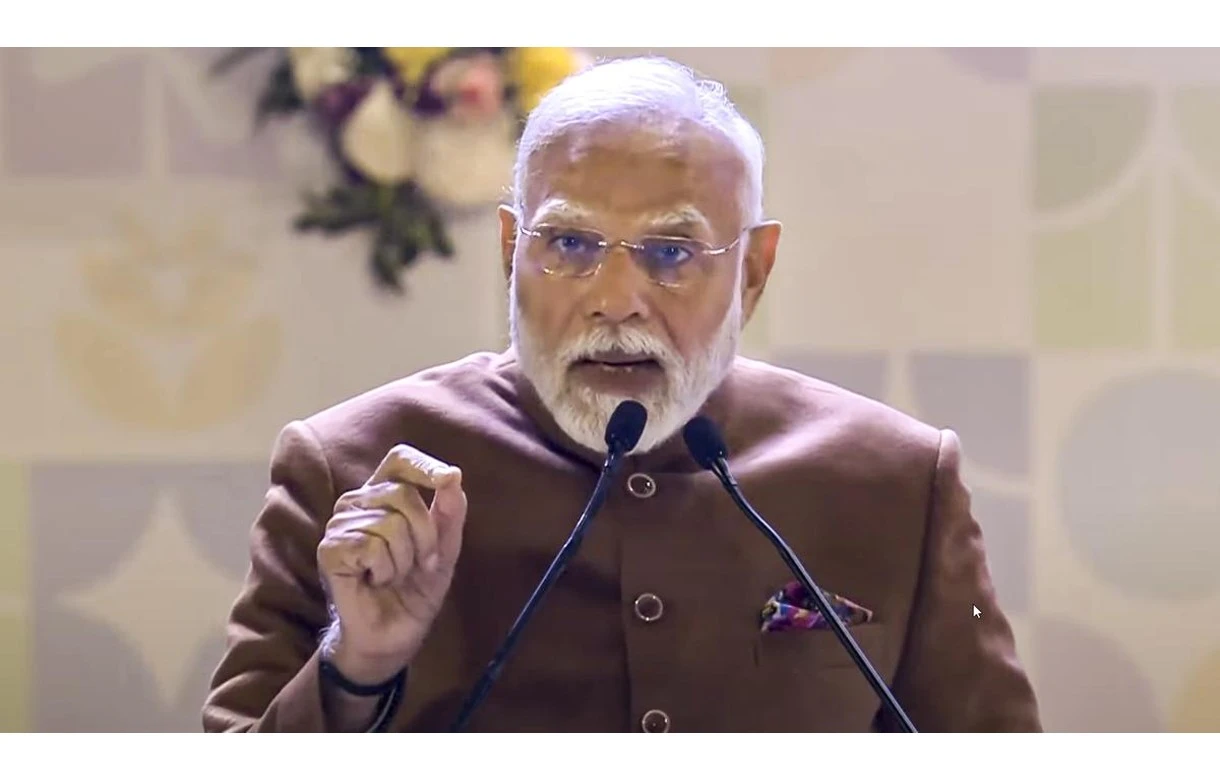India News
Indian photojournalist Danish Siddiqui killed in Taliban attack in Afghanistan
Danish Siddiqui was on a reporting assignment embedded with the Afghan forces who had clashed with Taliban fighters after an operation was launched to retake the vital border crossing with Pakistan.

India News
Punjab AAP leader Lucky Oberoi shot dead in daylight attack in Jalandhar
AAP leader Lucky Oberoi was killed in a daylight shooting in Punjab’s Jalandhar after attackers fired multiple bullets at him while he was inside his car.
India News
Pariksha Pe Charcha 2026: PM Modi to interact with students at 10 am today
PM Modi will address students across India at 10 am today as part of Pariksha Pe Charcha 2026, focusing on stress-free examinations and learning.
India News
PM Modi accuses Congress of anti-Sikh bias over Rahul Gandhi’s ‘traitor’ remark
Prime Minister Narendra Modi accused Rahul Gandhi of targeting BJP MP Ravneet Singh Bittu with a ‘gaddar’ remark because of his Sikh identity while speaking in the Rajya Sabha.
-

 India News22 hours ago
India News22 hours agoManipur Assembly to meet at 4 pm today, floor test likely under new chief minister
-

 India News17 hours ago
India News17 hours agoPM Modi accuses Congress of anti-Sikh bias over Rahul Gandhi’s ‘traitor’ remark
-

 India News2 hours ago
India News2 hours agoPunjab AAP leader Lucky Oberoi shot dead in daylight attack in Jalandhar
-

 India News2 hours ago
India News2 hours agoPariksha Pe Charcha 2026: PM Modi to interact with students at 10 am today
-

 Latest world news2 hours ago
Latest world news2 hours agoBangladesh rushes to finalise US trade deal after India secures lower tariffs



